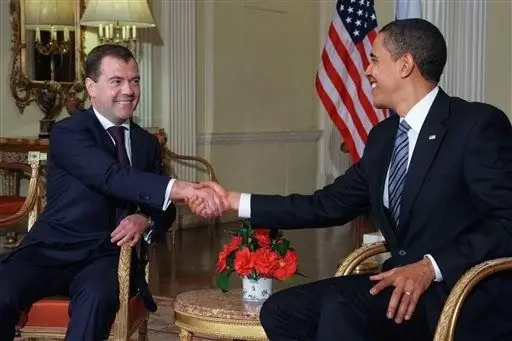- Author Antonio Harrison harrison@cultureoeuvre.com.
- Public 2023-12-16 07:44.
- Last modified 2025-01-22 21:44.
Politics is a sphere of activity that is associated with various relations between social strata, the main purpose of which is to determine the activities of the state: goals, objectives, forms and content.

Instructions
Step 1
In a global sense, politics refers to the relationship between different states. In a narrow sense, a policy is a direction of activity, as well as a set of methods and means that are used to achieve a goal. The process by which decisions are made is also called politics.
Step 2
Well-known thinkers of the past approached the interpretation of politics in different ways. For example, Plato called politics the art of mastering other arts and the ability to protect the citizens of the state; Karl Marx spoke of politics as a struggle between class interests; Machiavelli believed that politics represented wise and correct government.
Step 3
The political science of our time determines politics based on two approaches: consensus and confrontational. The consensus approach assumes that there is an opportunity for interaction and cooperation, which should lead to the elimination of conflicts. As a result, politics will be public acts, the essence of which will be to create conditions for the public good. The confrontational approach assumes the presence of opposites in the relationship. The basis of politics are groups of people who fight with each other.
Step 4
A political party is an organization of like-minded people who have common views on government. Each party has its own ideology, which can be radically different from the ideology of another party. State policy is determined by balancing different ideologies.
Step 5
Depending on the direction in which the activity of the state is carried out, the policy can be internal and external. Depending on the type of organization, its policy can be military, state, party, etc.






